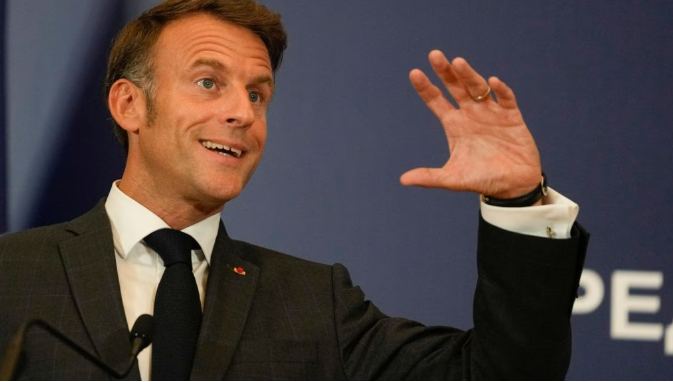French President Emmanuel Macron is preparing to meet with Bernard Cazeneuve, a former Socialist Party member, on Monday. This meeting is a significant step as Macron approaches the decision on appointing a new prime minister. Cazeneuve, a well-respected politician with a track record in both right- and left-leaning circles, is emerging as a strong candidate.

In addition to meeting Cazeneuve, Macron will also confer with his two predecessors, François Hollande and Nicolas Sarkozy. This broader consultation reflects the gravity of the decision, coming in the wake of a snap parliamentary election that left Macron’s centrist coalition weakened and unable to secure an absolute majority.
Cazeneuve’s candidacy is bolstered by his political experience, including his tenure as prime minister under Hollande and his roles in European Affairs, Budget, and Interior. His departure from the Socialist Party two years ago, in protest against its alliance with the far-left France Unbowed (LFI) party, positions him as a unifying figure who might bridge divides.
The challenge for the new prime minister will be substantial: navigating key reforms and the 2025 budget amid a fragmented parliament. France faces pressure from the European Commission and bond markets to address its deficit, adding urgency to the appointment.
Macron’s decision to call a snap election has resulted in political deadlock, with his coalition failing to achieve an absolute majority. Despite the New Popular Front alliance, led by the left, winning the most seats, Macron has ruled out forming a government with them due to opposition from other parties.
The political paralysis underscores the importance of Macron’s upcoming choice. The French constitution restricts Macron from calling another snap election until July of next year, making the selection of a new prime minister a critical move to break the current impasse.
With these consultations, Macron aims to secure a prime minister capable of navigating France through its current political challenges and ensuring progress on crucial legislative agendas.
